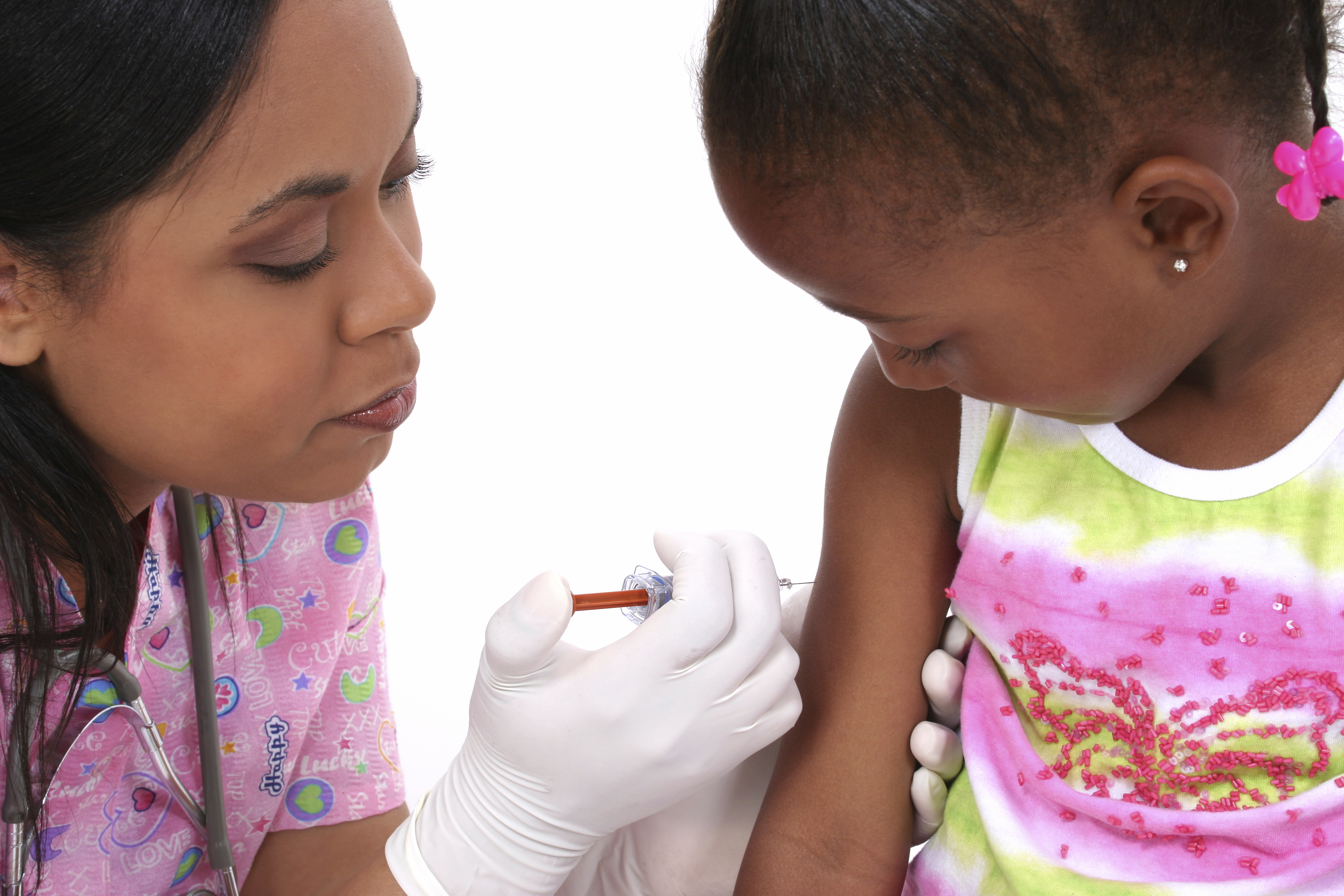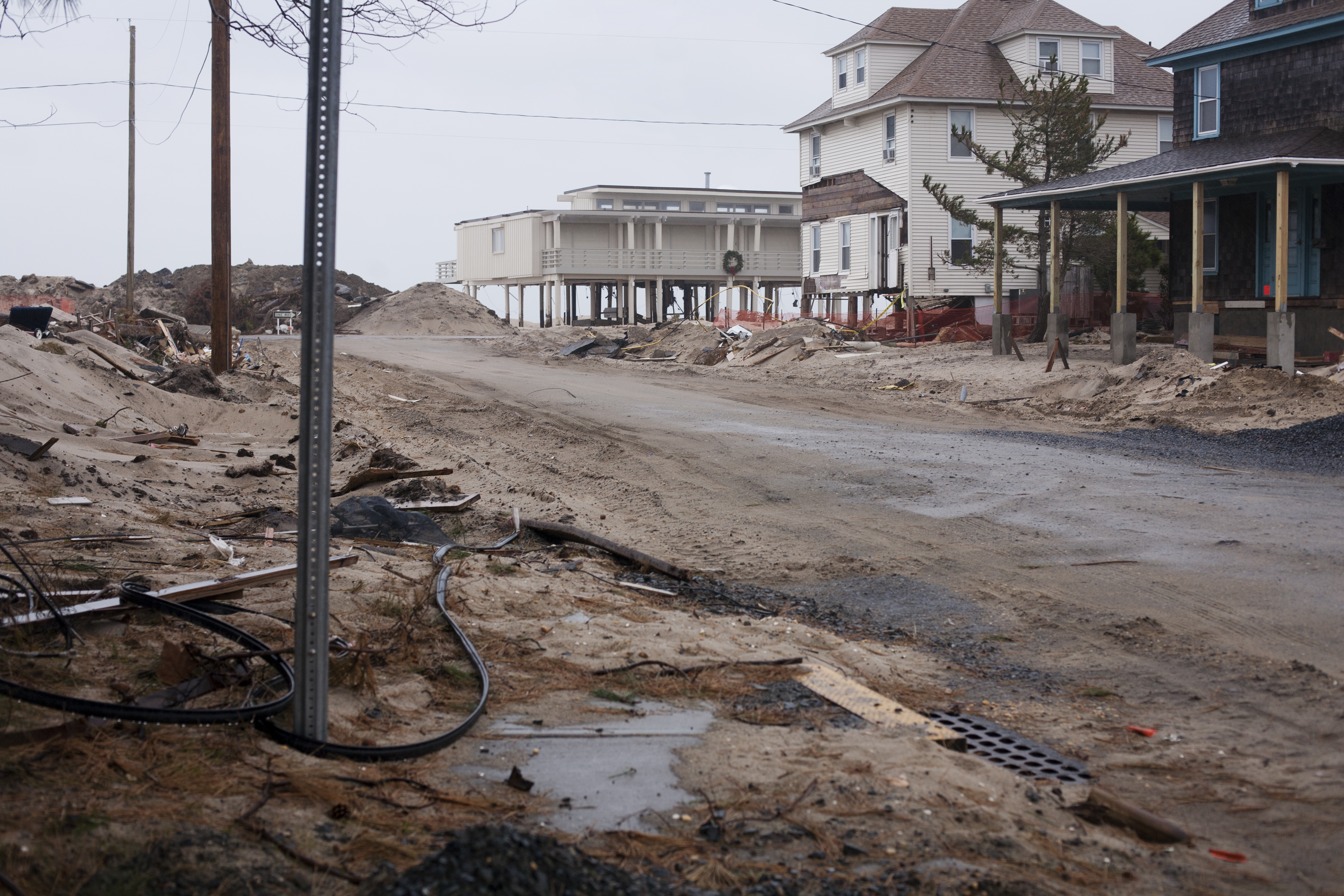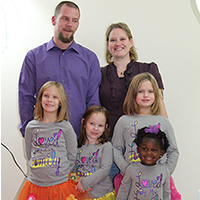Without dramatic changes and a structured approach, the college graduation rate for students who have lived in foster care will remain one of the lowest in the country at 3 percent, according to a recently released study from the University of the Pacific.
The study examined seven foster youth’s experiences over a nearly three semester journey through a California community college. It concluded that there was an extreme lack of guidance for foster youth, a problem given that many youths in care are dependent on structured institutional programs.
“Simply having a dedicated person whom foster youth can go to and ask questions — something many of these young people have never had — could really make a difference to their college success,” said study co-author Melinda Westland.
Foster Youth and College: NJFC and Project MYSELF
While the issue of guidance may be a problem nationally for youth who have lived in foster care, New Jersey does provide places for these youths to go and get answers. The New Jersey Foster Care (NJFC) Scholars Program provides financial and educational assistance for eligible youth while also supplying a supportive coaching relationship through Project MYSELF. Continue reading






